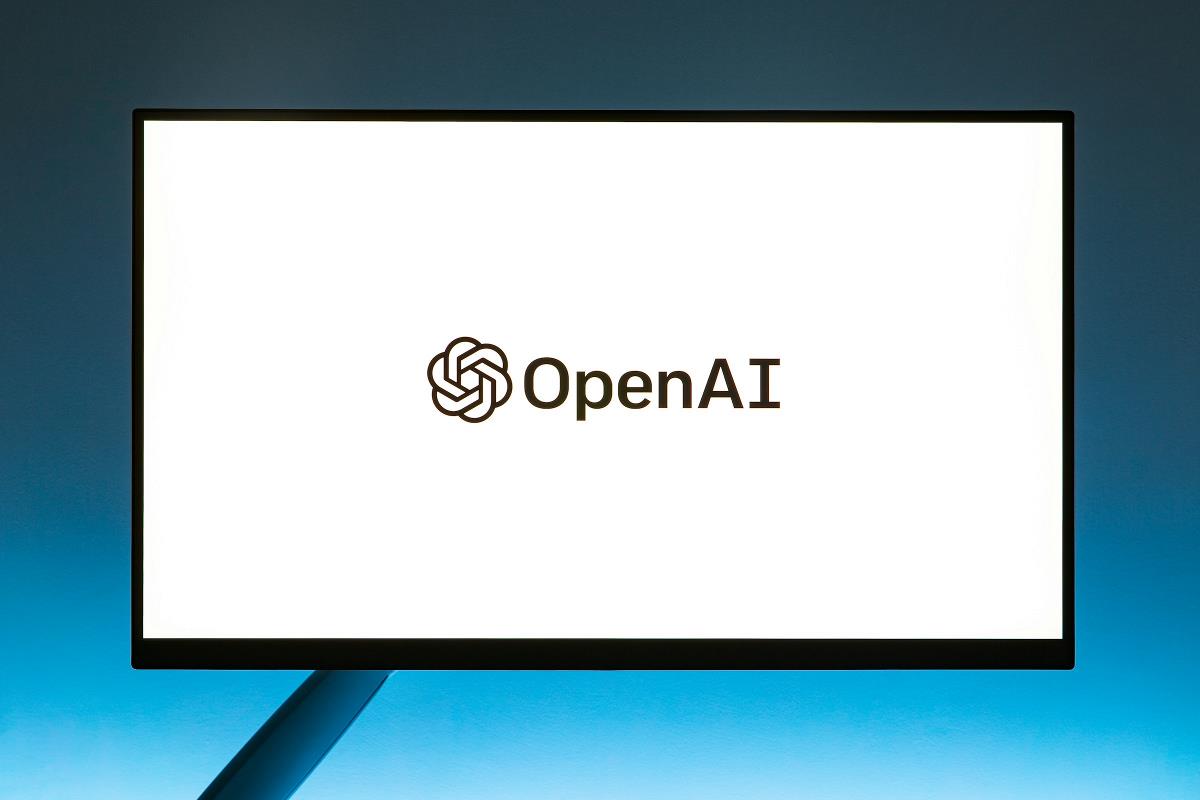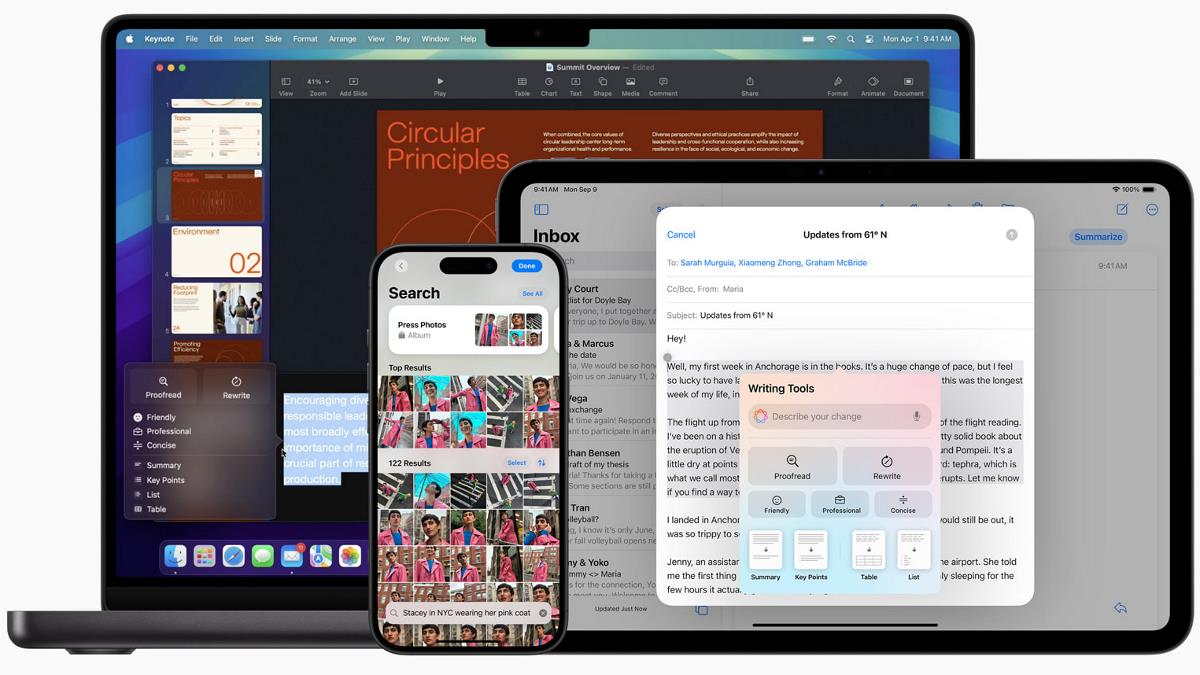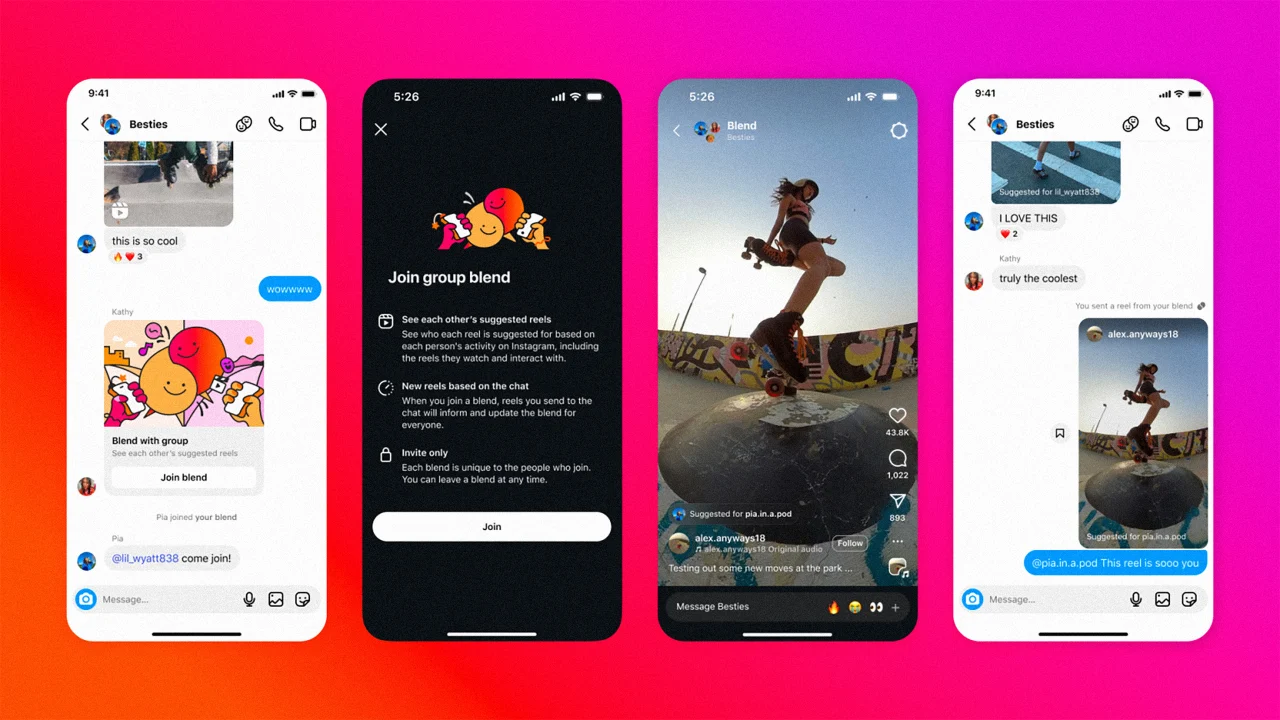Google's AI Prompt Engineering Playbook: Top 10 prompt tips
Google’s Prompt Engineering Playbook shares 10 powerful tips to help you write smarter prompts and get better output from AI tools like Gemini.
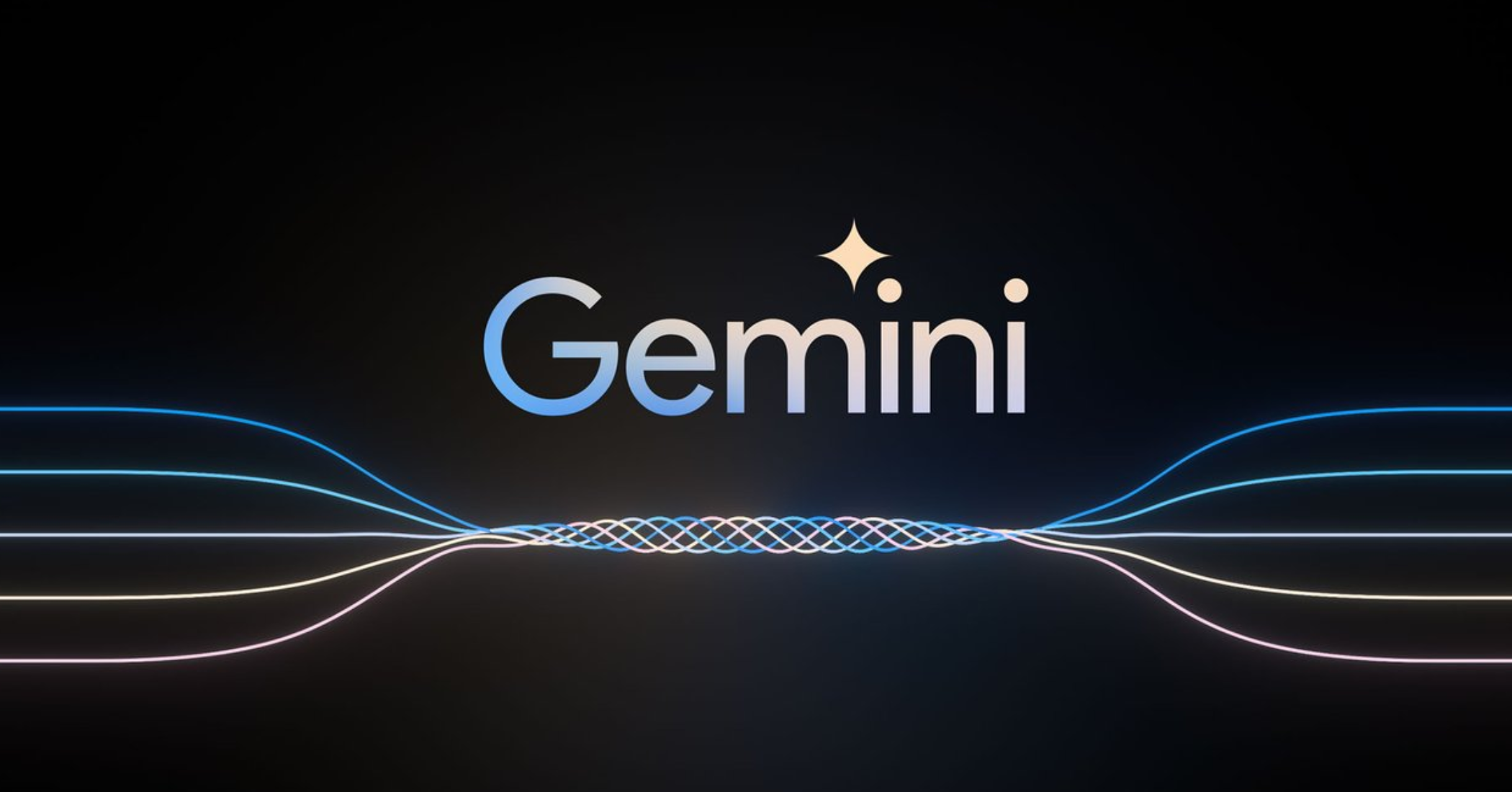

Google has recently unveiled its brand-new Prompt Engineering Playbook, a goldmine of actionable tips to help you write better prompts and get the most out of AI tools like Gemini.
Whether you are an entrepreneur, content creator, developer, or AI enthusiast, this guide will level up your prompting game with 10 smart and effective techniques!
Google’s prompting playbook: 10 game-changing techniques
1. Give examples
Show, don’t just tell. Adding a specific example in your prompt like a sample paragraph, tone, or structure. Helps AI mirror your expectations. For instance, instead of saying " Write a blog intro," try:
"Write a fun, conversational blog intro like this: 'Imagine having a superpower that helps you brainstorm in seconds…'" This small move improves the response quality significantly.
2. Keep it simple
According to Google's 60+ page whitepaper, fancy language doesn’t impress AI. Clear, plain English works best. Stick to simple sentence structures and avoid overloading your prompt with jargon. The cleaner the prompt, the sharper the output.
You can also use verbs that define the action you want the AI to perform for example: Pick, Rank, Generate, Find, Categorise, List, Measure, Provide, Describe, Classify, Organise, Evaluate, Create, Compare, Define, Identify, Predict, Recommend, Analyse.
3. Be super specific
Vague prompts = vague responses. Nail the details of what you want, how you want it, and any must-haves. Instead of saying, "Summarise this article," say, "Summarise this article in under 150 words, highlighting the key trends and statistics."
A clear and detailed prompt helps Large Language Models to know which areas/factors they need to focus on the most.
4. Focus on what you want (not what you don’t)
AI responds better to positive instructions. Rather than saying, "Don’t use technical terms," frame it as, "Explain in simple terms suitable for beginners." Google has found that AI tools when given limitations or "constraints", tend to provide biased responses. In short, clear direction beats restrictions.
5. Manage the output length
Tell the AI exactly how much to write. Want it short and snappy? Say "Respond in 3 bullet points." Need more depth? Ask for "a 300-word explanation with examples." You’re in the driver’s seat!
6. Use variables for flexibility
Create prompt templates using variables to save time. Something like: "Write a [tone] email to [audience] about [product or event]." Just plug and play depending on your use case.
7. Play with style
AI models respond differently to various types of prompts. Your text prompt could be a question or instruction. Either way, you will get a unique output from AI. So, you need to experiment with your word choices, style and format to understand which one yields the best response for you!
8. Mix and match response classes
Usually, the order of the examples you give AI to learn from (called 'few-shot' examples) doesn't matter a lot. But, if you're teaching it to classify (like saying if a picture is a cat or a dog), you need to mix up the examples.
Don't put all the 'cat' examples first and then all the 'dog' examples.
If you do that, AI might just learn the order instead of actually learning what makes a cat different from a dog. By mixing them, you force the LLM models to learn the real differences, and then it will be better at sorting new things it hasn't seen before.
9. Keep up with AI updates
AI is evolving fast. What worked last month might not hit the mark today. Regularly refine your prompts to stay in sync with the latest model upgrades and features.
10. Specify your format
Need results in a certain format? Ask for answers in JavaScript Object Notation (JSON), tables, checklists, or bullet points depending on what suits your workflow best.
Final thoughts
Prompt engineering isn’t just for techies, it's quickly becoming a must-have skill in the digital world. Google's new Prompt Engineering Playbook gives us a pretty solid roadmap to follow. So start experimenting, get creative, and turn AI into your smartest collaborator.











































































































































































![[The AI Show Episode 144]: ChatGPT’s New Memory, Shopify CEO’s Leaked “AI First” Memo, Google Cloud Next Releases, o3 and o4-mini Coming Soon & Llama 4’s Rocky Launch](https://www.marketingaiinstitute.com/hubfs/ep%20144%20cover.png)




















































































































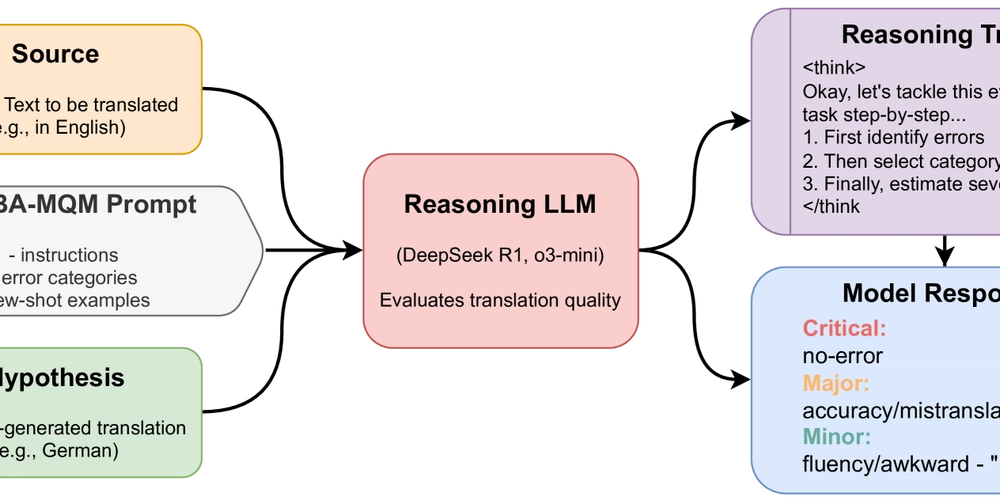




























































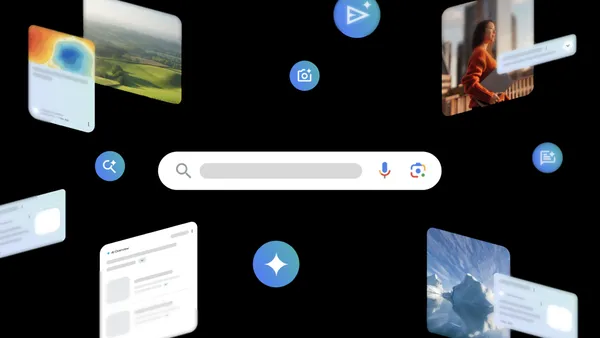
























![GrandChase tier list of the best characters available [April 2025]](https://media.pocketgamer.com/artwork/na-33057-1637756796/grandchase-ios-android-3rd-anniversary.jpg?#)










































.png?width=1920&height=1920&fit=bounds&quality=70&format=jpg&auto=webp#)


























.webp?#)


















































































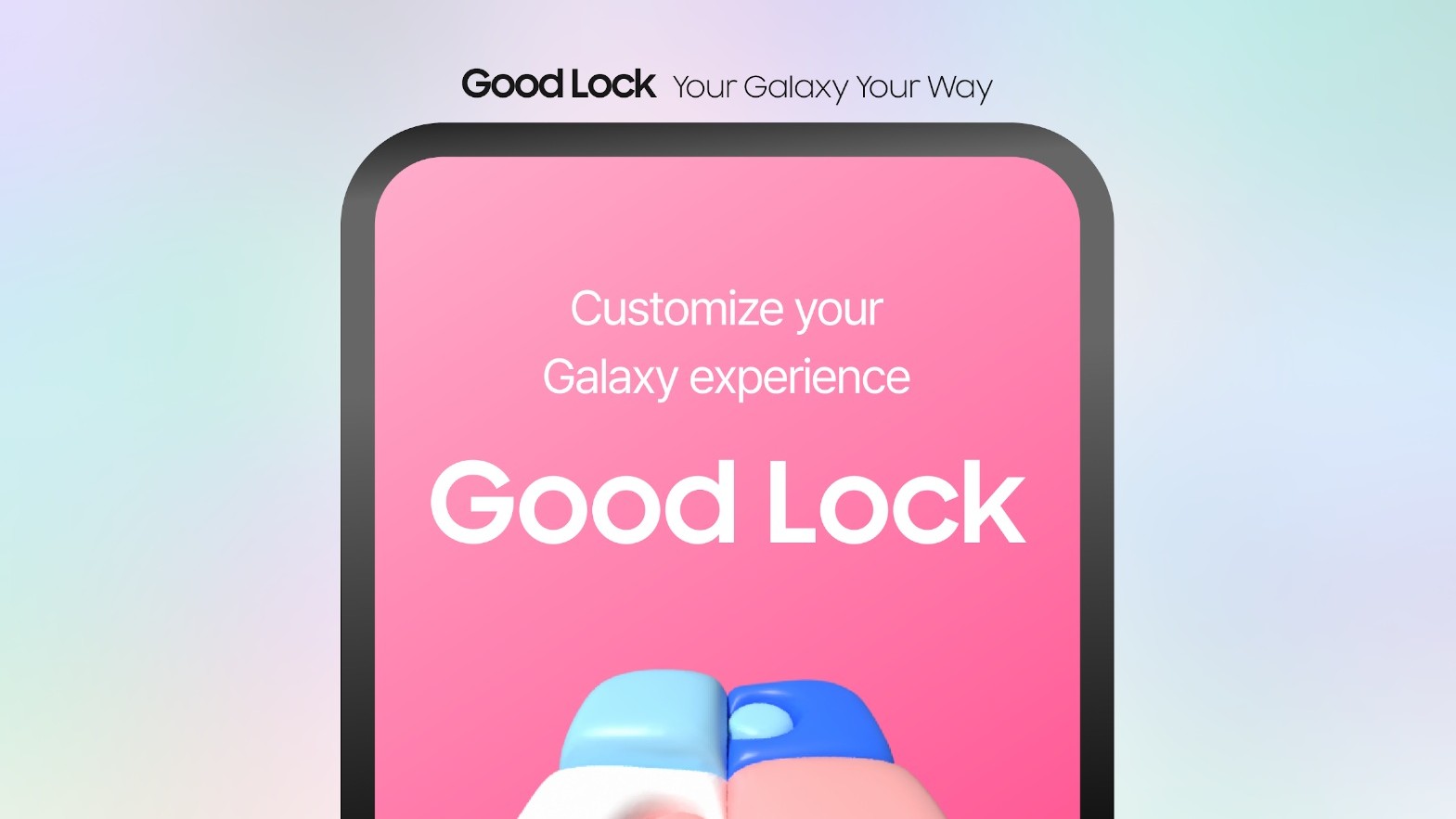
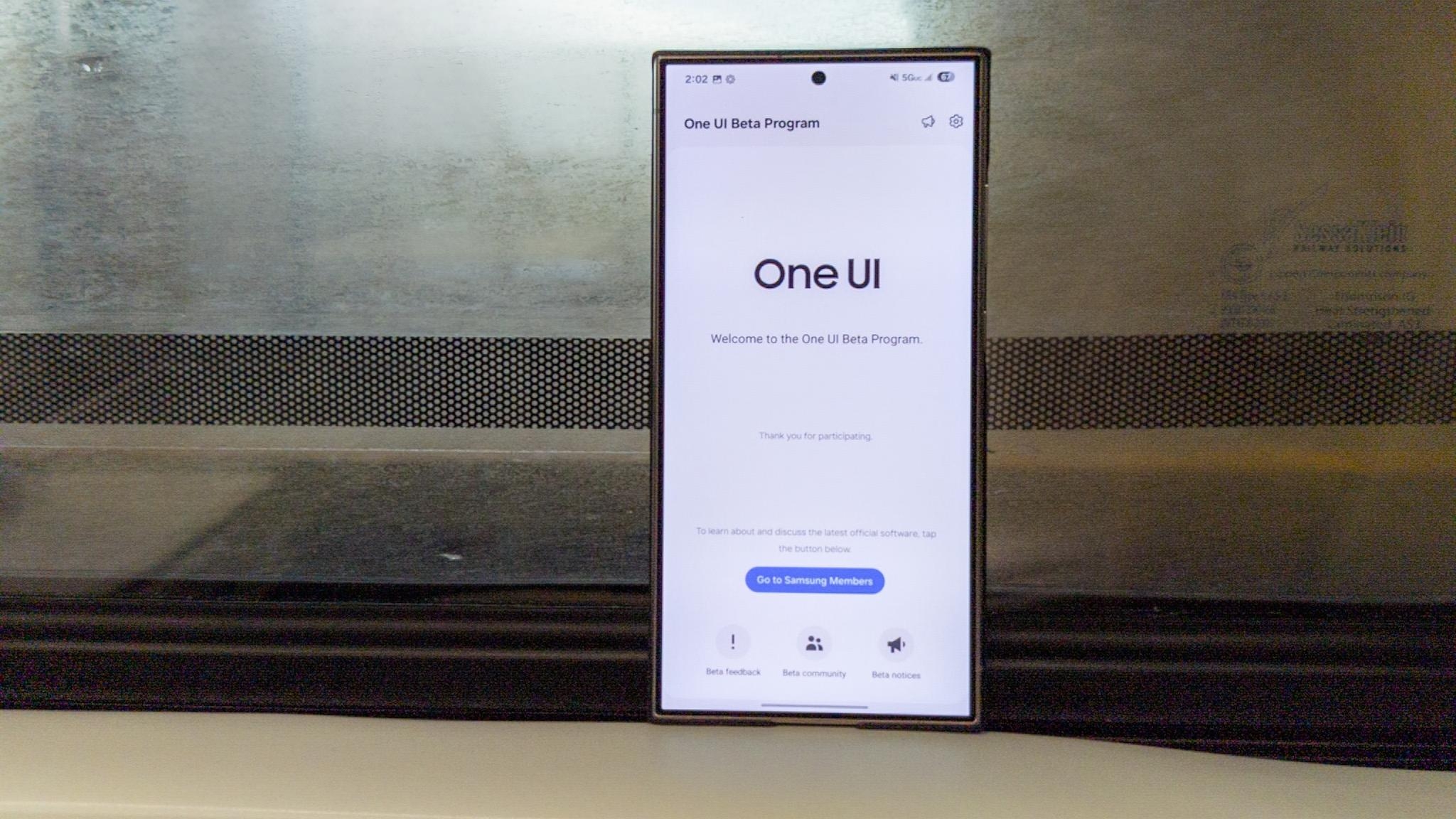











![Foldable e-ink readers are a thing now [Gallery]](https://i0.wp.com/9to5google.com/wp-content/uploads/sites/4/2025/04/mooink-v-foldable-e-ink-1.jpg?resize=1200%2C628&quality=82&strip=all&ssl=1)








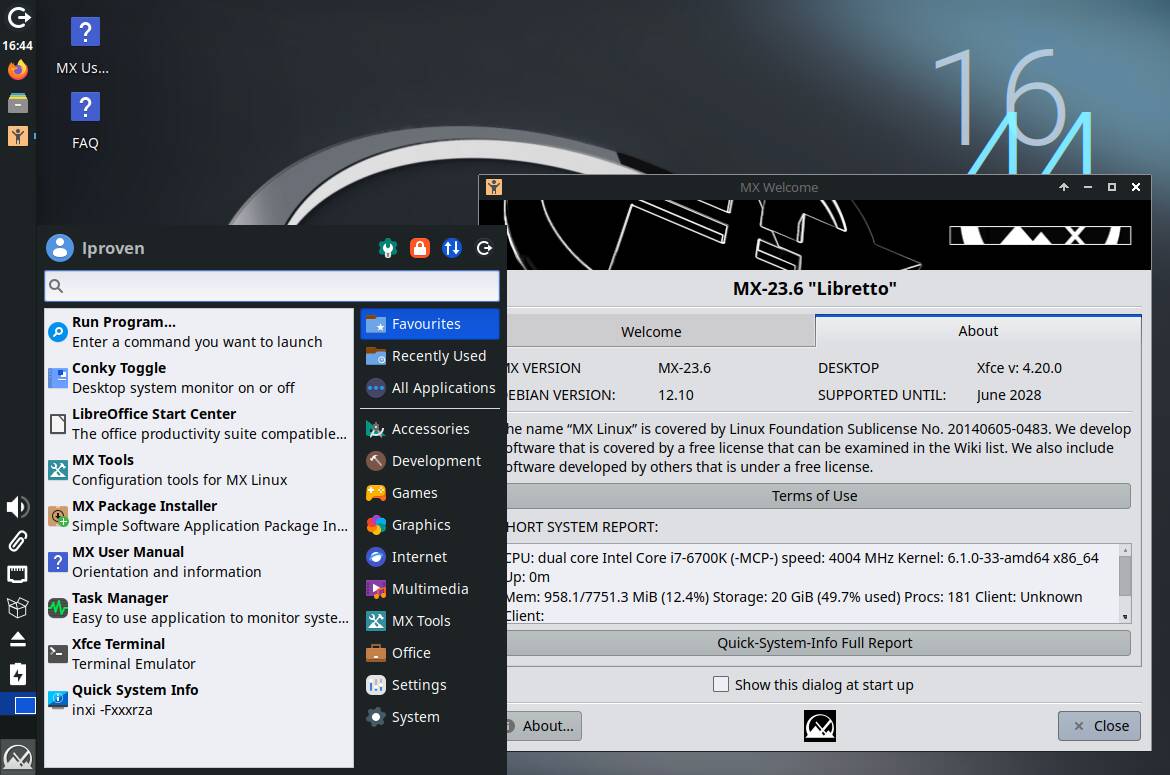

![New Beats USB-C Charging Cables Now Available on Amazon [Video]](https://www.iclarified.com/images/news/97060/97060/97060-640.jpg)

![Apple M4 13-inch iPad Pro On Sale for $200 Off [Deal]](https://www.iclarified.com/images/news/97056/97056/97056-640.jpg)



















